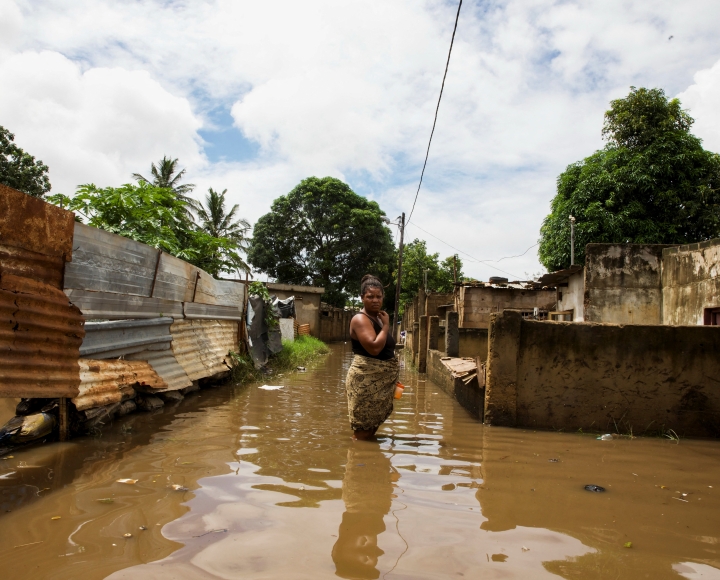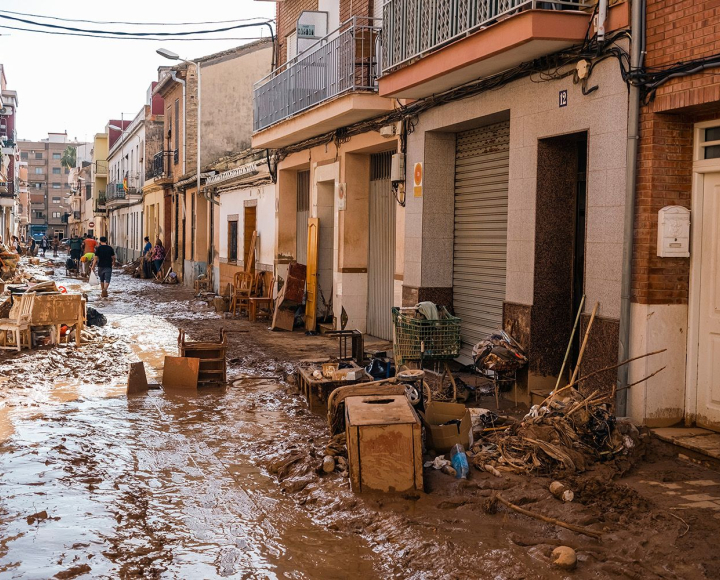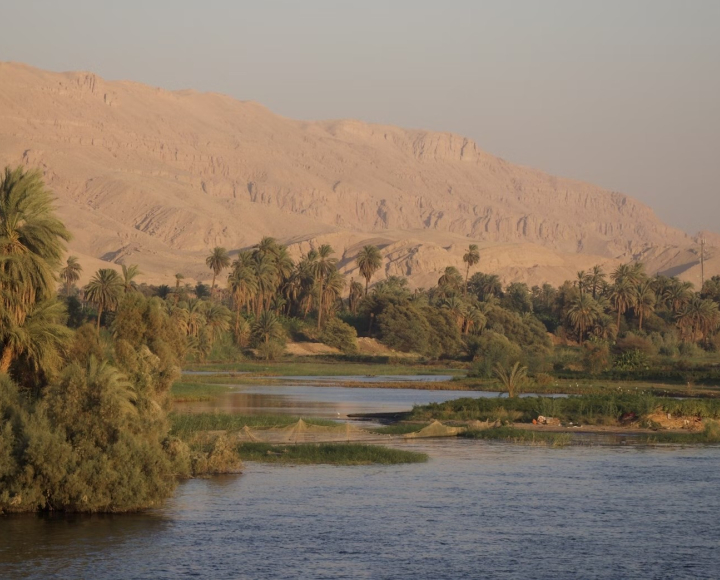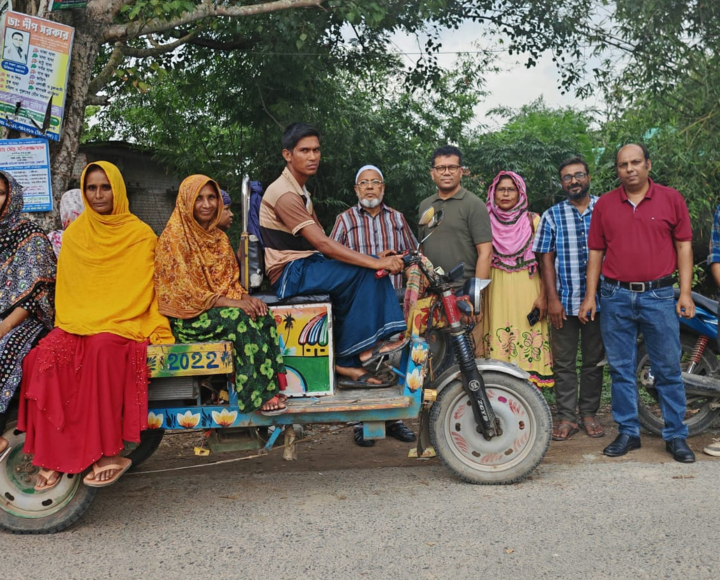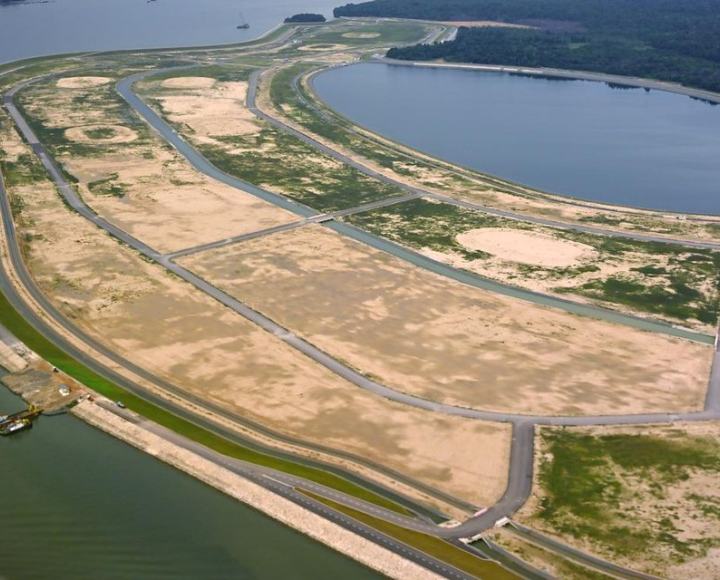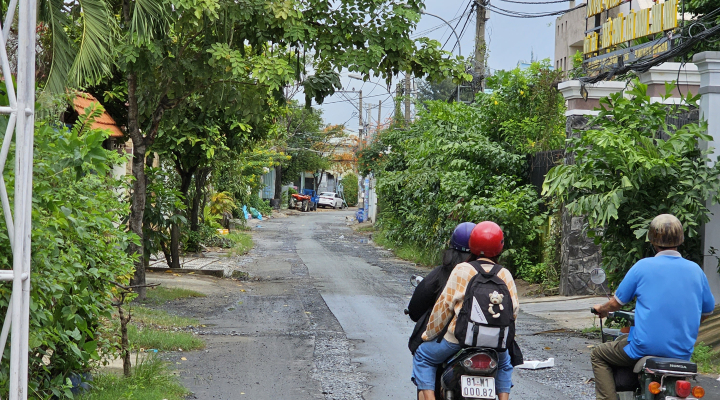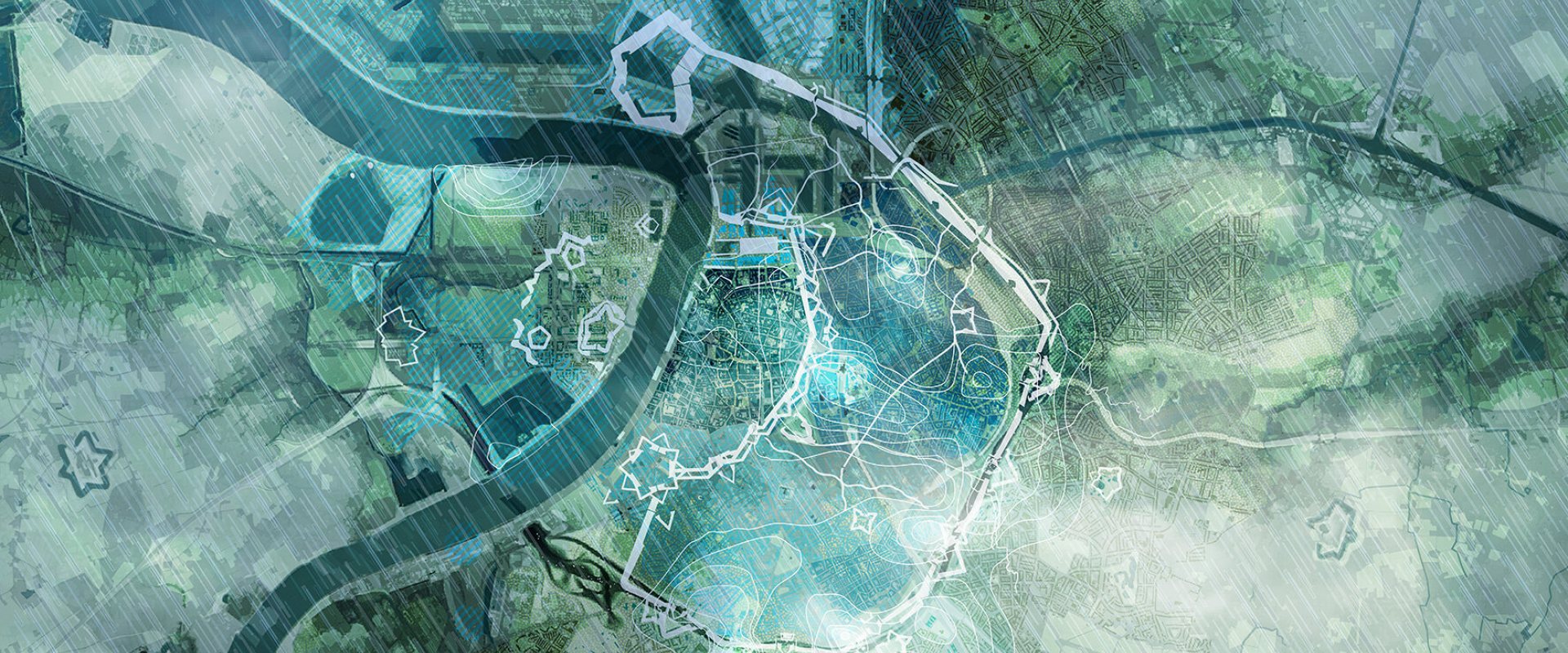
Green cities: where water solutions and landscape architecture meet
Smart landscape architecture can make our cities future proof. It provides solutions for problems that communities and cities face every day. Also when tackling the challenge of too much or too little water. This was highlighted by the latest World Landscape Architecture (WLA) Awards in which different Dutch organisations received recognition for their sustainable approach, making cities greener.
Water resilient cities
One of the projects, receiving an Award of Excellence in the category 'Concept - analysis & Planning' is the Waterplan Antwerp, designed by De Urbanisten, Witteveen + Bos Belgium and Common Ground. Future rainfall and periods of drought will have a great impact on the living environment. In drafting a Water Plan, the City of Antwerp anticipates future developments making water more visible in the city. Antwerp wants to improve the integration of water in the cityscape and use integral solutions for its water issues to ensure better quality of life for residents and visitors.
The WLA Jury commented: “Inspiring approach to stormwater and community resiliency that could be applied in many cities around the world.” and “An interesting project that gives an inspiring vision of how a city can be resilient to the climate crisis, promoting a very interesting concept regarding water structures.”
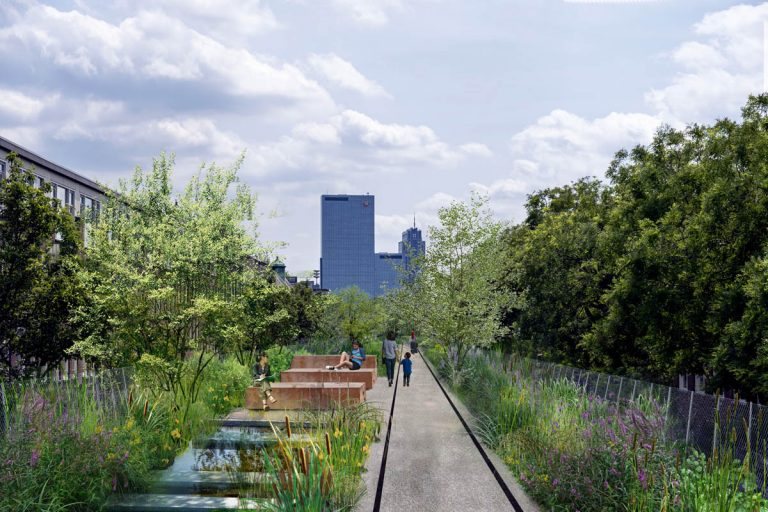

Narrowest roof park
In the city of Rotterdam an old train track is transformed into a park offering a slow landscape designed for walkers rather than train passengers. With a length of 2 kilometers (1.2 miles) and an average width of only 8 meters (25 feet), the Hofbogenpark will be the longest and narrowest roof park in the Netherlands. The Hofbogenpark design, initiated by De Urbanisten, DS Landschapsarchitecten and De Dakdokters also received an Award of Excellence in the category 'Concept - design'
As a city in the Dutch delta, Rotterdam is vulnerable to climate change. The city, therefore, is an international frontrunner in sustainable water management. As both a water and ecological reservoir, Hofbogenpark showcases innovative climate-adaptive urban solutions. Rainwater from the roof and surroundings is harvested and cleaned by natural processes (helophyte filter) in the park and stored in an aquifer. In times of drought, the stored rainwater can be reused in the Hofbogenpark for irrigation and other purposes. It offers its visitors a pleasant and welcome space for strolling and lingering in with flowing water, enjoying the stillness of a mirror pond, and entertainment in the fountains.
“The extent of this concept into the environment is dramatic and incredibly substantial for a project of this nature. Though not a new idea, the integration into the surrounding context was well executed. I look forward to seeing this become a reality,” according to one of the WLA jurors.
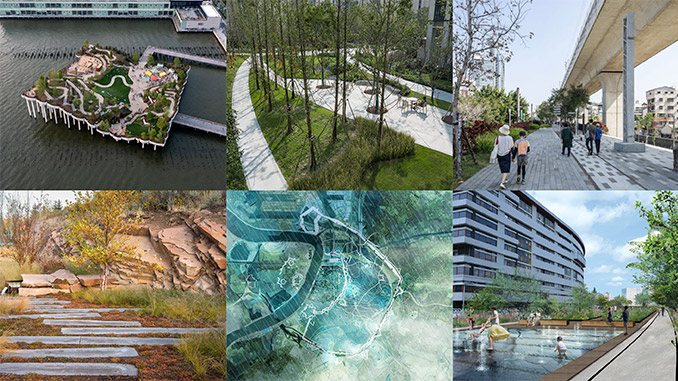

Many more recognitions
The WLA Professional Awards recognises the work of landscape architects worldwide and is supported by some of the world’s leading landscape architecture design firms and product suppliers. Besides the featured projects in this article, many other Dutch projects and organisations were recognised with different awards in different categories. Like the Zuiderpark in The Hague, designed by Flux Landscape Architecture, the s.m.a.r.t. street concept by BoschSlabbers Landscape Architects, Sponge Garden by De Urbanisten, and Etzenrade Castle Garden by LOLA Landscape Architects + Piet Oudolf.
The method called 'Integrated Design Method Public Space' developed by the Municipality of Amsterdam (IOOR) to come up with sustainable solutions to heat stress and rainwater drainage received an Honour Award. This new method can help urban planners in programming and designing public and underground spaces.




